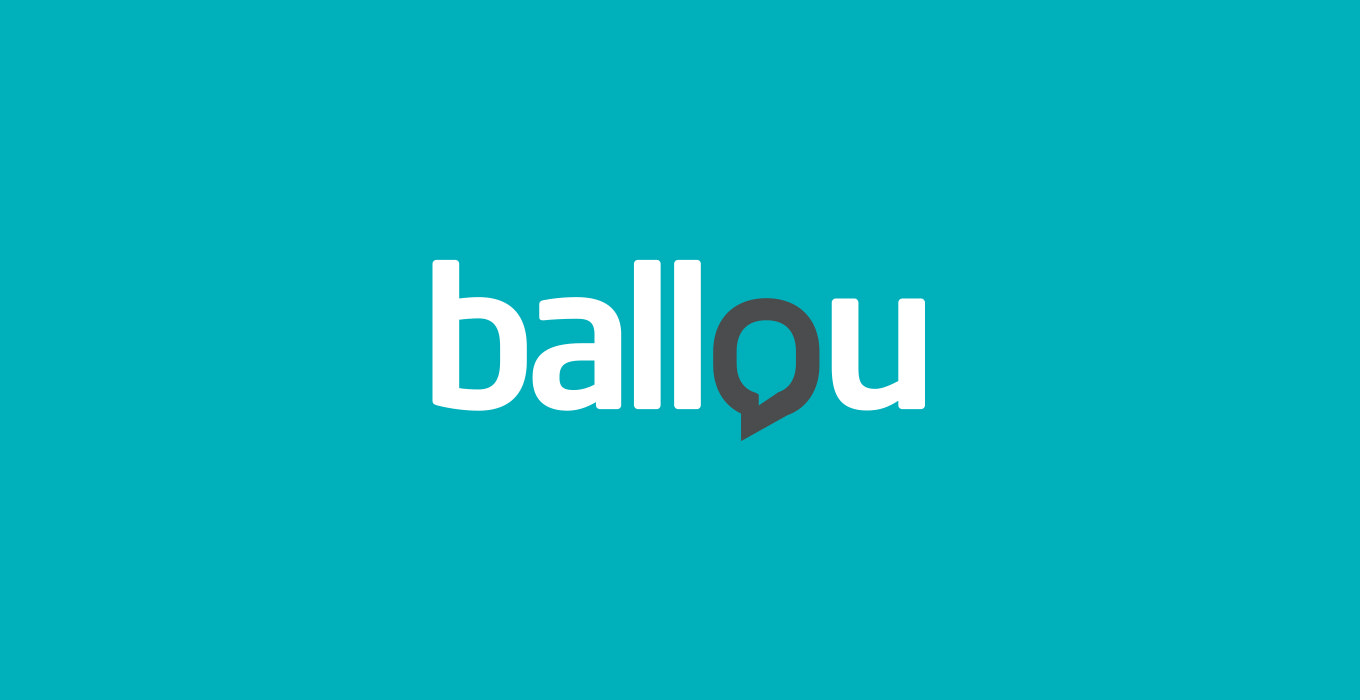Cordy Griffiths is head of Ballou’s UK office. This article first appeared on Virgin. You can find the full article here.
In marketing, content has long been king. In today’s connected world, the brands that get ahead are those that create compelling content, be it stories, blogs, Facebook posts or tweets, to be enjoyed by their customers on their platforms of choice. Engagement with target audiences is every brand’s goal and generating compelling copy is key to achieving that aim.
Until recently, brand content was created by copywriters. Teams of trained writers would churn out copy based on their understanding of the brand’s values and voice. Recent advances in Artificial Intelligence (AI) mean that computers are increasingly involved in this copywriting process. While computers are not yet ‘intelligent’ enough to generate content from scratch, there are a range of programmes that a copywriter can use to help them optimise their copy as they write. Acrolinx, for example, works as a sidebar that will correct your grammar as you type, suggesting more succinct phraseology, a snappier headline or a clearer narrative. Grammarly does something similar, as does Atomic Reach and a host of other AI startups.
To date, assisting a human writer is the limit of the technology. However, it’s only a matter of time before this relationship between writer and computer switches around, with the copy being generated by the algorithm initially and a human editor adding the finishing touches and doing a final sense-check to that computer-generated text. In time, perhaps the human copywriter will be excluded from the process altogether – though this point is still technically a long way off.
The implications of AI for copywriting, and by extension marketing and PR, are huge though, even as the technology stands today. For brands, the whole process of content creation is becoming more efficient, more affordable and, in theory, more impactful. For copywriters, the rise of AI generated content may well mean their days are numbered.
Beyond the commercial world though, are human writers under threat? Will the great works of fiction of the future be written by computers not people? As long ago as 1993, US computer programmer Scott French wrote a romance novel in the style of his favourite author in conjunction with his Macintosh Ilex computer. The novel was very much a labour of love as French spent years ‘teaching’ his computer the style of the author it was emulating by scanning in extracts from her work. Eventually the computer learned the style sufficiently to be able to find the right tone and draft the novel.


